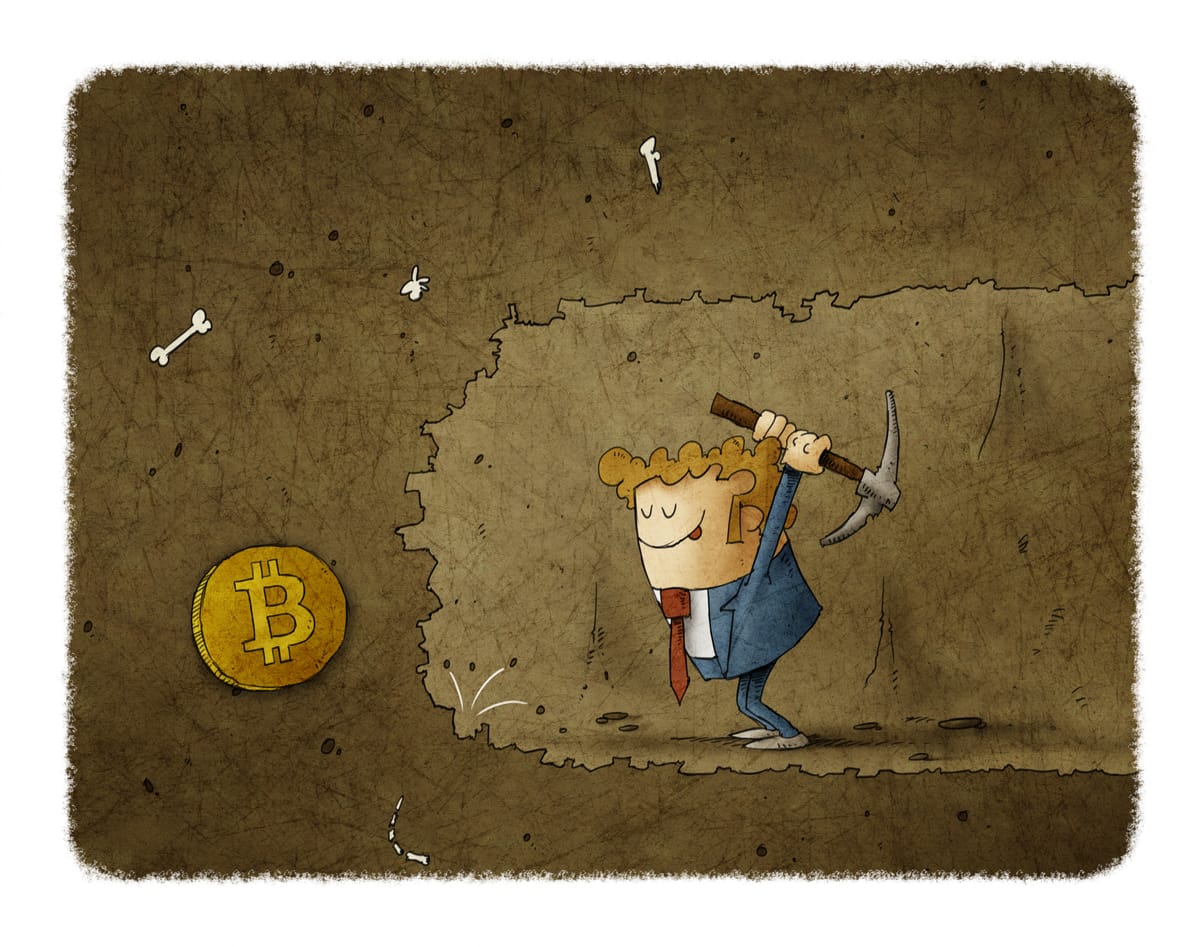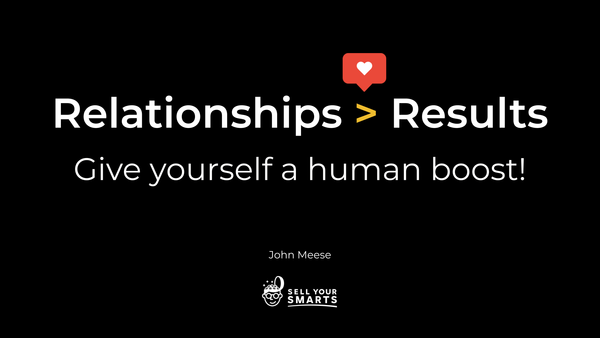Bitcoin: What, Why, and How?

If you're wondering what Bitcoin is, you're not alone. In fact, 46% of Americans aren't sure what Bitcoin is (while another 6% think it might be an Xbox game), according to a 2013 Bloomberg poll.
What is Bitcoin?
Bitcoin /ˈbɪtkɔɪn/, n: a peer-to-peer payment system and digital currency. – Wikipedia
The short answer is that Bitcoin is a digital currency. More accurately, Bitcoin is a distributed ledger system that is primarily used for currency (as of now). What this means is that Bitcoin exists as a network that allows for verifiable exchange backed by mathematical algorithms. Because the Bitcoin network is peer-to-peer, it lacks any central authority and has no central point of failure.
Bitcoin is open-source, meaning that the behind-the-scenes code is publicly available for anyone to review and edit. However, updates to the Bitcoin protocol have to be accepted by the general community before they take effect.
Bitcoin can be used as a currency at thousands of locations across the globe. Because it is not tied to any one entity or government, Bitcoin is an alternative to every existing currency (though legality varies by region).
Why do people use Bitcoin?
We live in an increasingly digital world, and Bitcoin has the potential to bring finance up to date with the digital age. Everyone who uses Bitcoin has their own reasons, but here are some of the most common:
Transactions are nearly instant
Transactions using debit or credit cards usually remain “pending” in consumer accounts for at least three days. For merchants, the wait is even longer. Restaurants often have to wait for weeks after a sale before they can use the funds received. Bitcoin transactions take seconds, are verified within minutes, and the bitcoins are ready to be spent again in under an hour.
Transaction fees are minimal
Most Bitcoin transactions are actually free, but some require a small fee that is given to the Bitcoin miner who processes the transaction (more about this below). The fee is based on the size of the data in the transaction–not the amount spent–and is generally less than ten cents. That's opposed to the 3% fee on credit & debit card transactions, which the merchant usually pays and passes on to the consumer via higher prices.
Bitcoin is international
More accurately, it could be said that Bitcoin is nationless. Because Bitcoin is digital, and not tied to any one government, it makes no difference if the sender and recipient in a transaction are on opposite sides of the planet–they can still transact with ease. This makes international purchases incredibly simple, especially when the goods or services being sold are digital. That plus minimal fees makes Bitcoin perfect for people sending money to friends or family overseas, a service which Western Union regularly charges more than a 10% fee for.
Bitcoin is deflationary
There will never be more than 21 million bitcoins, that's part of the math behind Bitcoin. Bitcoins are released into circulation at a decreasing rate, so although the number goes up each year, it'll taper off just below 21 million in 2140 A.D. This makes currency inflation impossible and lends to the long-term stability of the currency. In fact, people are joining the Bitcoin economy faster than bitcoins are produced, which means that the currency effectively increases in value over time.
Bitcoin empowers consumers
Bitcoin is a push system rather than a pull system. You don't need to give anyone your account number and personal information to pay for something, all you need is a wallet address to send to. Even if someone were to get your account number (your Bitcoin wallet's public key), all they could do is look up your balance. Without your private key (which only you should ever have access to), no one can touch your money. This prevents a lot of fraud and makes payment a lot simpler. Plus, as little as .00000001 BTC can be used at a time, making any size transaction possible.
How does Bitcoin work?
Bitcoin wallets are used to hold, send, and receive Bitcoin. Really, all a wallet represents is a set of public & private cryptographic keys (for more on cryptography, see The Mises Circle). As mentioned above, the public key is the address used when sending bitcoin to someone or checking a balance. The private key is used to prove ownership of the wallet, allowing a user to send Bitcoin.
The core element of Bitcoin that makes it unique, compared to previous attempts at digital currency, is the blockchain.
The blockchain is essentially a ledger system. Each time a Bitcoin transaction successfully occurs, it is publicly registered on the blockchain for all the world to see (in fact, you can view a live feed of Bitcoin transactions on blockchain.info). This is what prohibits double-spending because once wallet A has sent 1 bitcoin to wallet B, it can't then send the same 1 bitcoin to wallet C. If it tried to do so, the blockchain would reject the second transaction.
The blockchain is supported by mining, the process of using computing power in order to verify transactions and solve complex equations. Once a Bitcoin miner (someone who “mines” Bitcoin–though the process is always automated) has verified a group of transactions as genuine and solved a mathematical challenge, the transactions are added to the blockchain as a “block.” Although many miners are usually working on this process at once, only 1 block can be added roughly every 8-10 minutes (the more computing power directed at mining, the more complex each block's challenge becomes).
Miners are rewarded for their efforts by a reward generated after each successful block, which is how new bitcoin enters the economy. Currently, that reward is 25 BTC, but the reward is halved approximately every four years. In addition, miners receive the fees that accompany some Bitcoin transactions. Eventually, as the mining reward continues to shrink, the mining fees will be the primary incentive for mining.
Note: Although anyone can volunteer their computing power as a Bitcoin miner, the computing power required to make any reasonable profit or impact is now far beyond the average CPU. Mining is a specialized discipline, and quite expensive to get into.
Question: What else would you like to know about Bitcoin?





